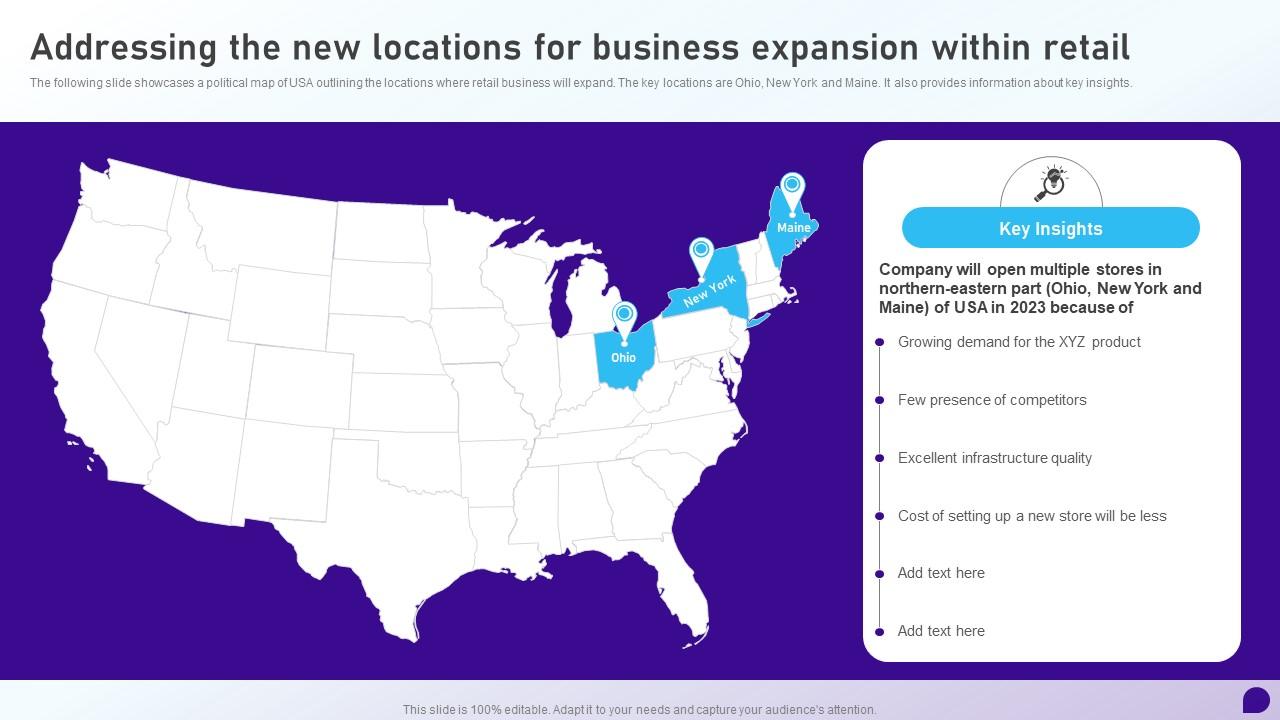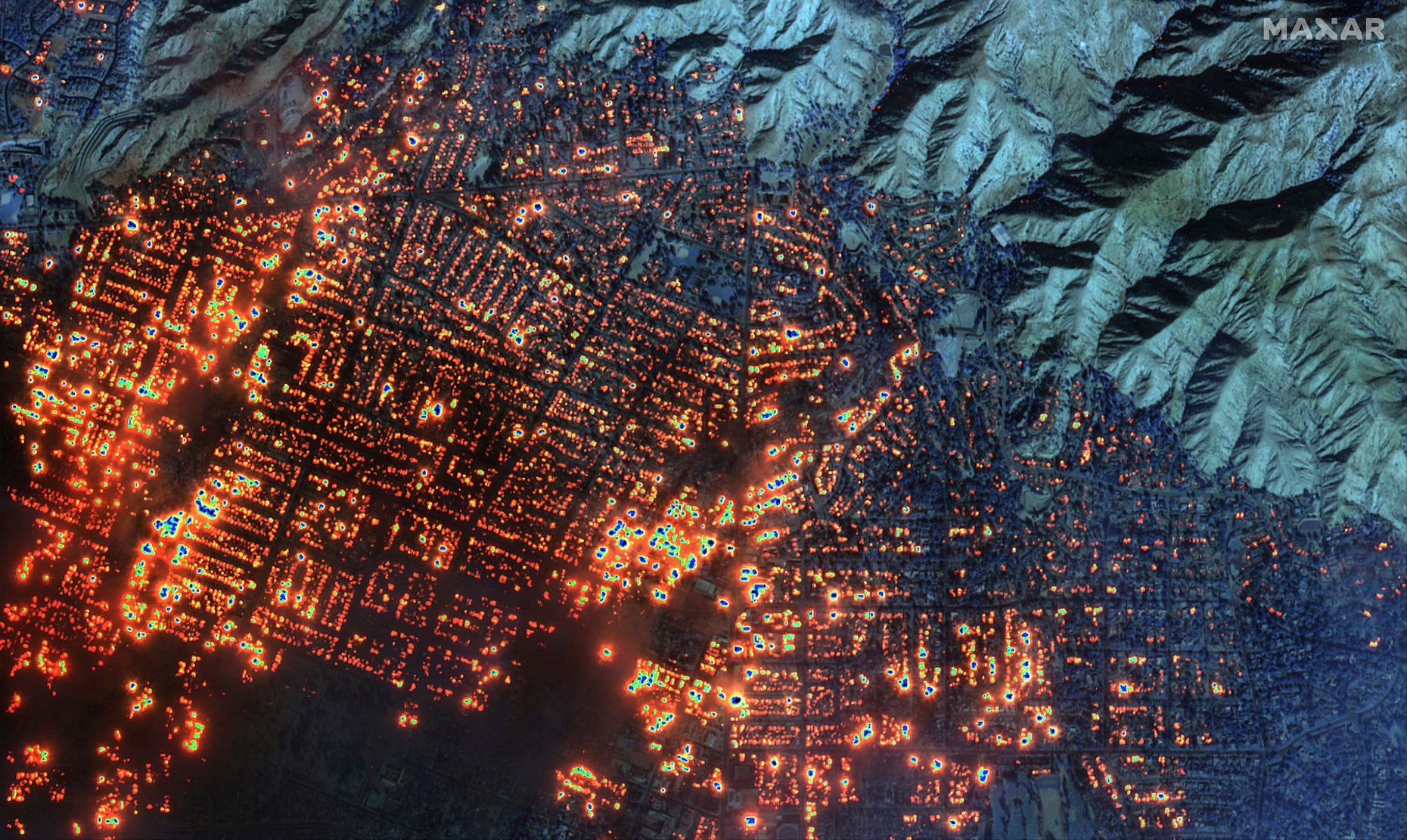Chicago Office Market Meltdown: The Rise Of Zombie Buildings

Table of Contents
Causes of the Chicago Office Market Meltdown and the Rise of Zombie Buildings
The current state of the Chicago office market isn't a singular event but rather a confluence of factors that have converged to create a perfect storm.
The Impact of Remote Work
The shift to remote work post-pandemic has fundamentally reshaped the demand for office space in Chicago. Millions embraced remote work, leading to:
- Decreased office occupancy rates: Many companies find their employees working remotely several days a week, drastically reducing the need for large office spaces.
- Companies downsizing office space: To reflect the new work-from-home reality, numerous businesses have opted to significantly reduce their office footprints, leading to a surge in available vacant office space.
- Long-term leases becoming liabilities: Businesses locked into long-term leases are now struggling with the high costs of maintaining underutilized space.
Studies show that remote work adoption in Chicago correlates strongly with the increase in office vacancy rates. A recent report indicated that X% of Chicago workers are now primarily remote, directly impacting office demand.
Economic Factors
Beyond the shift to remote work, wider economic factors have amplified the problem:
- Increased operating costs for building owners: Inflation and rising interest rates have significantly increased the costs associated with maintaining and operating office buildings.
- Difficulty securing financing for renovations: With tighter credit markets, securing loans for much-needed renovations and upgrades has become increasingly challenging.
- Decreased tenant demand: A weak economy and recessionary pressures further reduce the demand for office space, leaving many buildings struggling to attract and retain tenants.
The potential for a recession adds further pressure, potentially leading to more business closures and further exacerbating the Chicago office market downturn.
Competition from Suburban Office Spaces & Other Commercial Real Estate
Downtown Chicago faces stiff competition from suburban office parks and other commercial real estate options:
- Lower rents in suburban locations: Suburban office spaces often offer lower rental rates, making them attractive to budget-conscious businesses.
- Increased amenities in newer buildings: Newer suburban buildings often boast modern amenities that are lacking in older downtown buildings, attracting tenants seeking upgraded facilities.
- Shifting tenant preferences: Some businesses prioritize employee satisfaction by offering more flexibility and access to amenities, leading to a shift away from traditional downtown locations.
Comparing rental rates and occupancy rates reveals a stark contrast: downtown Chicago’s office vacancy rates significantly exceed those in suburban areas, highlighting the competitive landscape.
Consequences of the Growing Number of Zombie Buildings in Chicago
The proliferation of zombie buildings in Chicago has far-reaching consequences.
Financial Strain on Building Owners
Owners of zombie buildings face significant financial challenges:
- Negative cash flow: Low occupancy rates result in negative cash flow, making it difficult to cover operating expenses and debt service.
- Difficulty paying property taxes and mortgages: Many building owners are struggling to meet their financial obligations, leading to potential foreclosure.
- Impact on property values: The abundance of vacant office space negatively impacts property values across the Chicago real estate market.
Negative Impact on Neighborhoods
The presence of zombie buildings has a detrimental effect on surrounding neighborhoods:
- Decreased foot traffic: Vacant buildings reduce foot traffic, impacting local businesses and the overall vibrancy of the area.
- Reduced tax revenue for the city: Lower property values and reduced occupancy translate into decreased tax revenue for the city of Chicago.
- Potential for blight and crime: Abandoned or neglected buildings can attract crime and contribute to urban blight, negatively impacting the quality of life in the surrounding community.
This decline significantly affects the social and economic well-being of the local businesses and communities.
Environmental Concerns
Vacant buildings also pose environmental concerns:
- Increased energy consumption: Unoccupied buildings still consume energy, leading to unnecessary waste and environmental impact.
- Potential for deterioration and hazardous materials exposure: Over time, vacant buildings can deteriorate, potentially leading to exposure to hazardous materials.
Repurposing these structures is crucial for addressing these sustainability challenges.
Potential Solutions and Future Outlook for the Chicago Office Market
Addressing the Chicago office market meltdown requires a multi-faceted approach.
Repurposing and Redevelopment
Repurposing zombie buildings into alternative uses is crucial:
- Incentivizing developers: Government incentives can attract developers to undertake ambitious redevelopment projects.
- Zoning changes: Relaxing zoning regulations can facilitate the conversion of office buildings into residential, mixed-use, or hospitality spaces.
- Creative financing solutions: Innovative financing mechanisms can make redevelopment projects more economically viable.
Successful repurposing projects in other cities demonstrate the potential for transforming vacant spaces into thriving communities.
Government Intervention and Policy Changes
Government intervention is vital for addressing the crisis:
- Tax incentives: Tax breaks can incentivize building owners to invest in renovations and attract new tenants.
- Grants for renovations: Financial assistance can help owners cover the costs of upgrading older buildings.
- Streamlining building permits: Simplifying the permitting process can speed up redevelopment projects.
City planning and urban development play a crucial role in guiding revitalization efforts.
Adapting to the Changing Workplace
Landlords must adapt to evolving tenant needs:
- Flexible lease terms: Offering flexible lease options can attract tenants seeking more adaptable spaces.
- Enhanced amenities: Providing modern amenities, such as fitness centers, co-working spaces, and improved technology infrastructure, is essential for attracting and retaining tenants.
Adapting to the changing workplace is vital for the survival and success of Chicago's office market.
Conclusion: Addressing the Chicago Office Market Meltdown and the Rise of Zombie Buildings
The rise of zombie buildings in Chicago’s office market is a complex issue stemming from the impact of remote work, economic downturns, and increased competition. The consequences are severe, affecting building owners financially, impacting neighborhoods negatively, and raising environmental concerns. However, a multi-pronged approach, encompassing government intervention, private sector innovation, and a fundamental adaptation to the changing workplace, offers a pathway forward. Repurposing and redevelopment of vacant office space present significant opportunities for revitalization. By embracing creative solutions and fostering collaboration, Chicago can transform its struggling office market and prevent the further spread of zombie buildings. To stay informed about the latest developments in the Chicago real estate market and explore potential investment opportunities in revitalization projects, continue to research resources for developers and investors interested in tackling this challenge head-on.

Featured Posts
-
 Mapping The Countrys Hottest New Business Locations
Apr 29, 2025
Mapping The Countrys Hottest New Business Locations
Apr 29, 2025 -
 Los Angeles Wildfires A Case Study In The Ethics Of Disaster Gambling
Apr 29, 2025
Los Angeles Wildfires A Case Study In The Ethics Of Disaster Gambling
Apr 29, 2025 -
 One Plus 13 R Review Performance And Features Compared To Pixel 9a
Apr 29, 2025
One Plus 13 R Review Performance And Features Compared To Pixel 9a
Apr 29, 2025 -
 Is Betting On The Los Angeles Wildfires A Sign Of Societal Shift
Apr 29, 2025
Is Betting On The Los Angeles Wildfires A Sign Of Societal Shift
Apr 29, 2025 -
 Ai Digest Transforming Repetitive Documents Into A Poop Podcast Hit
Apr 29, 2025
Ai Digest Transforming Repetitive Documents Into A Poop Podcast Hit
Apr 29, 2025
Latest Posts
-
 Oh What A Beautiful World A Review Of Willie Nelsons New Album
Apr 29, 2025
Oh What A Beautiful World A Review Of Willie Nelsons New Album
Apr 29, 2025 -
 Country Legend Willie Nelson Releases Oh What A Beautiful World
Apr 29, 2025
Country Legend Willie Nelson Releases Oh What A Beautiful World
Apr 29, 2025 -
 New Music Willie Nelson Releases 77th Solo Album At 91
Apr 29, 2025
New Music Willie Nelson Releases 77th Solo Album At 91
Apr 29, 2025 -
 New Music Willie Nelsons Oh What A Beautiful World
Apr 29, 2025
New Music Willie Nelsons Oh What A Beautiful World
Apr 29, 2025 -
 Oh What A Beautiful World Willie Nelsons Latest Album Details
Apr 29, 2025
Oh What A Beautiful World Willie Nelsons Latest Album Details
Apr 29, 2025
